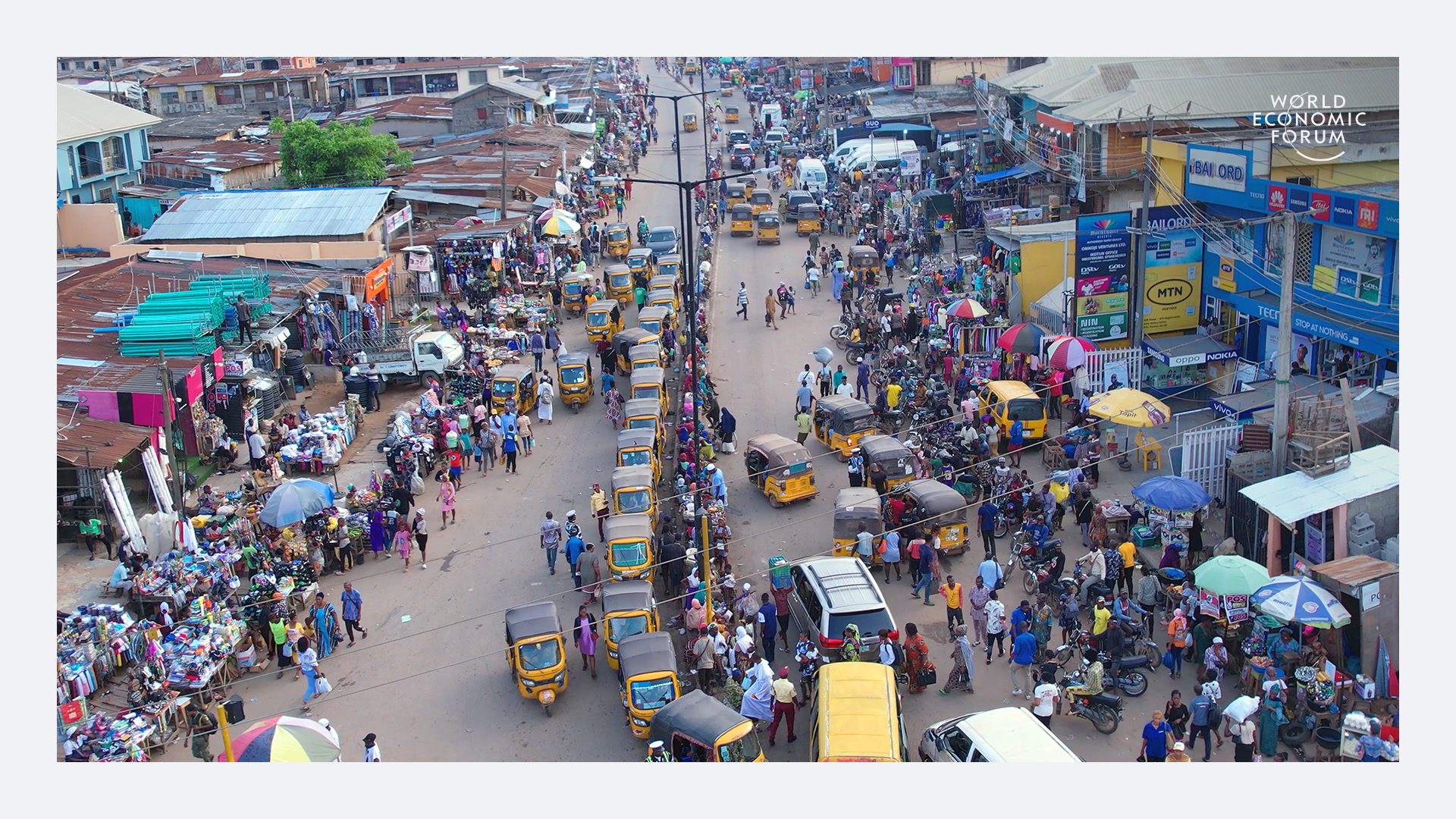3 challenges, 3 solutions for Somalia’s youth


Get involved with our crowdsourced digital platform to deliver impact at scale
Stay up to date:
Economic Progress
Policymakers around the world are paying increasing attention to the younger generation and its role in shaping society. The young generation has played a major role in recent events in the Middle East and North Africa, and was pivotal to the Arab Spring as well as to the ongoing violence in places like Syria and Libya. And with unemployment figures remaining extremely high, frustrated young people represent a ticking time bomb in the developing world.
Despite a surge in the youthful demographic around the globe, current international mechanisms do not sufficiently address their specific place in peace and security, nor the role they can play in economic renewal in war and poverty-affected countries.
Almost half of the world’s population has been estimated to fall into the youth bracket. But the sad reality is that a huge number of them live in over-populated, poverty-stricken areas or conflict and crisis zones. This translates into a huge social development setback which deeply affects the ability of young people to fulfill their responsibility as the backbone of human development. This is especially true in areas of conflict or poverty, where political and economic exclusion, inequalities and the overall undermining of the role of the young threatens any sustainable peace-building process and stable economic growth.
Young people in these conflict zones are both the agents of violence as well as its victims – when conflict erupts, they become exposed and vulnerable to armed or political recruitment and exploitation.
Somalia’s challenges – and opportunities
Somalia, where I grew up and spent most of my life, is a country plagued by civil war, armed conflict, terrorism, and political, economic and social crises. Amidst the resultant breakdown of law and order, displacement, poverty, migration, and deep instability, the young generation – like other vulnerable groups in society – was used as a tool on the battle field. But it was entirely excluded from political processes and decision-making.
Studies show that over 70% of the Somali people are less than 30 years old. This majority has the capacity to either destroy the country further or contribute to its rebuilding.
Somali history recognizes a group of 13 young men as the founding fathers of the nation. They brought about independence through sheer determination and a commitment to defeat colonial powers. Yet today, young people are excluded from the system, perhaps to the detriment of our nation.
It’s essential that youth perspectives be included in peace-building processes and decision-making on peace and conflict. The inclusion and participation of young people enhances their capabilities and affords them the opportunity to develop their lives as well as their societies. Including youth in peace-building processes, as stakeholders and decision-makers, allows them to gain ownership of the policies that affect them as much as the rest of us. It is also necessary to bring about a paradigmatic shift in the concept of the role of youth in conflict which transforms them from being victims or agents of violence to being active agents of peace-building and positive social change.
The main challenges that Somali Youth face today:
- Although they make up the majority of society they are completely excluded from processes of decision-making, even though these very decisions determine their future.
- The absence of basic economic infrastructure and a lack of social services fuel a high rate of unemployment among the young generation; 67% of Somali youth are estimated to be unemployed.
- A lack of any clear and promising policies that will help to overcome the issues which trigger emigration, violence and youth exploitation.
It is also important to emphasize youth involvement at the community level. There is much to be gained from including youth in the peace-building and community engagement processes, including strengthening their capability of contributing and leading healthier, progress-oriented and more enthusiastic communities.
The inevitable solutions that need to be implemented:
- Guarantee formal and informal education for young people, channeling their power and energy into learning and development.
- Acknowledge and include young people as stakeholders in the process of peace and security building, bearing in mind that they are both affected by conflict and the key to a progressive nation.
- Eliminate the catalysts of conflict, including those related to economic challenges (youth unemployment) and the political exclusion of the youth.
Author: Sagal Isak, Director, Constitutional Development Department, Ministry of Constitutional Affairs and Reconciliation, Somalia, and a Global Shaper from Mogadishu hub.
Image: Somali students queue outside a classroom to attend examination classes at Bustaale Primary and Secondary school in capital Mogadishu June 18, 2014. REUTERS/Ismail Taxta
Don't miss any update on this topic
Create a free account and access your personalized content collection with our latest publications and analyses.
License and Republishing
World Economic Forum articles may be republished in accordance with the Creative Commons Attribution-NonCommercial-NoDerivatives 4.0 International Public License, and in accordance with our Terms of Use.
The views expressed in this article are those of the author alone and not the World Economic Forum.
The Agenda Weekly
A weekly update of the most important issues driving the global agenda
You can unsubscribe at any time using the link in our emails. For more details, review our privacy policy.
More on Economic GrowthSee all
Joe Myers
April 26, 2024
Simon Freakley
April 26, 2024
Emma Charlton
April 24, 2024
Piyachart "Arm" Isarabhakdee
April 23, 2024
Pooja Chhabria and Kate Whiting
April 23, 2024






